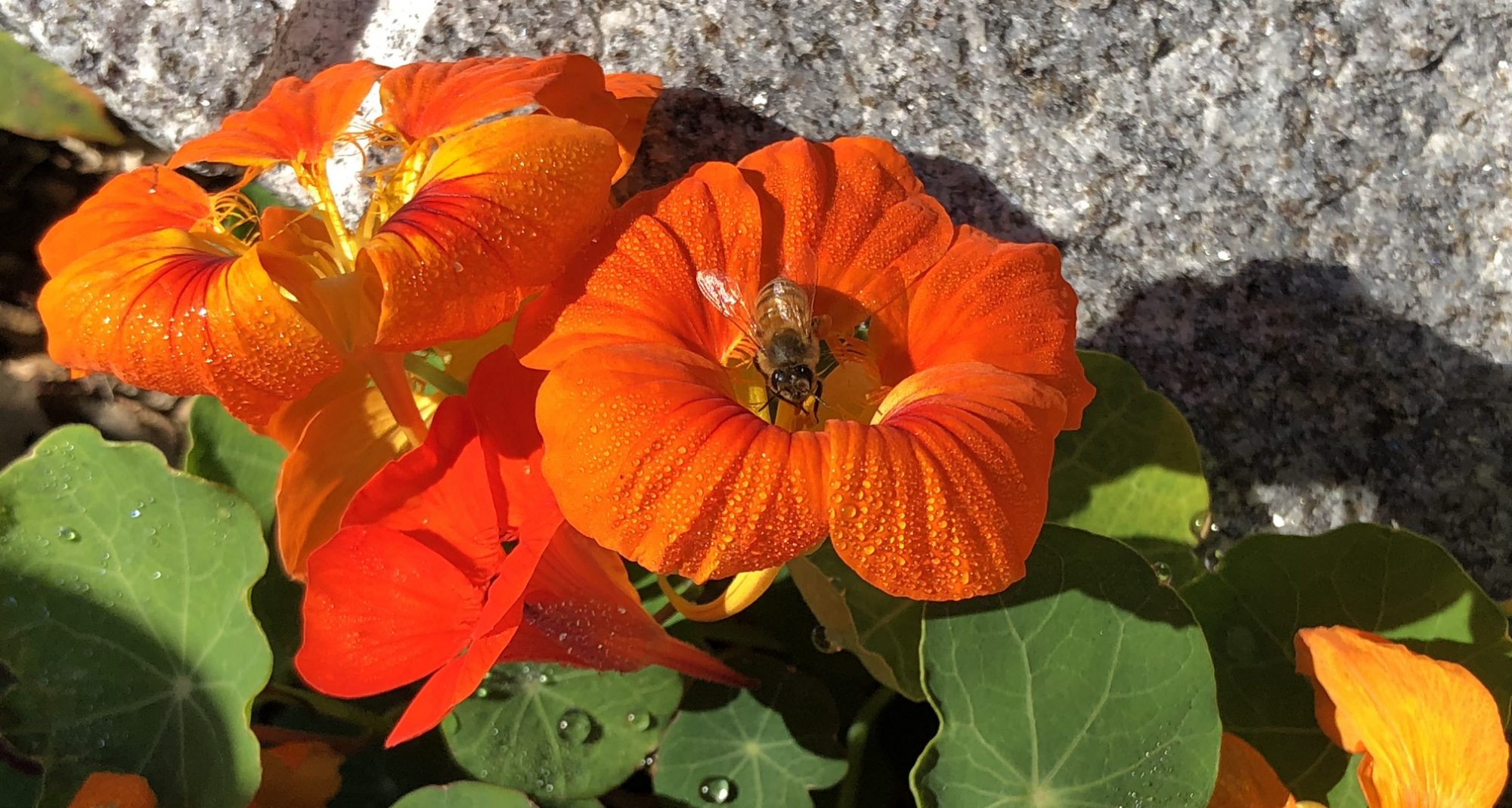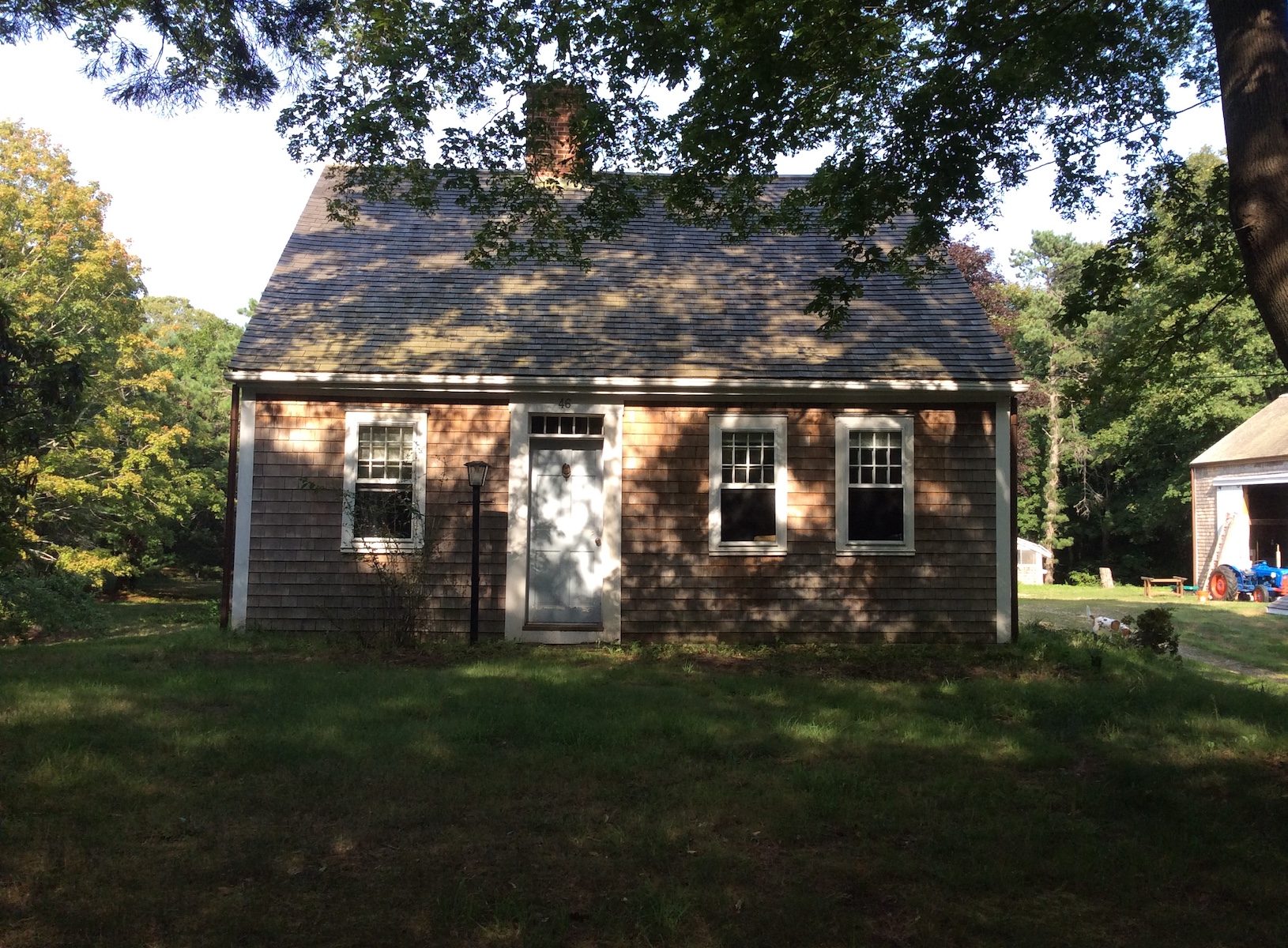Our farm dates back to at least 1795, when the newly-married Moody Crocker paid Otis Russell 202 Pounds for an 8-acre parcel with a “dwelling house thereon.” The property backed up onto land belonging to his father, Nathaniel Crocker, and his grandfather, Moses Crocker. While cursory studies credit Moody with the construction of the ‘three-quarter’ Cape house and sturdy barn that still sit on the property, it’s quite possible that at least a portion of the house actually dates to the earlier Russell ownership, which would correspond with the town’s 1730 attribution. Both the Russell and the Crocker families trace their roots back to some of the earliest English settlers in the region, with Moody’s great-great-grandfather, John Crocker, being born to English parents in the Plimouth Colony in 1637.
To support his wife, Mercy Nye, and eventually his four children, Moody Crocker worked as a tanner at his grandfather’s nearby tannery (in deeding the property to Moody, Russell refers to him as “Moody Crocker, Tanner”), and farmed and kept livestock on this property. In addition to his farm, Moody also purchased a 13-acre parcel across the street, and a sizable piece of land in the nearby Barnstable salt marshes, which provided grazing land and fodder for his cattle and sheep. Although we found Moody’s signature on a petition to help prove a neighbor’s military service during the Revolutionary War (and thus try to collect a pension), Moody himself had been too young to serve during the war. Muster records indicate, however, that his father, Nathaniel Crocker, fought for the patriots in several battles.
Josiah Crocker, Mercy and Moody’s oldest child, went on to study medicine at Harvard (he appears in Harvard’s “Gentlemen attending medical lectures 1820-21”), and eventually opened a medical practice in the nearby town of Dennis. Sadly, Mercy and Moody outlived all but one of their children. Census records indicate that shortly before their son Willard died in 1833 at the age of 35, Mercy and Moody took in Willard, his young wife Polly, and their five children, who then continued to live with the couple after Willard’s death — meaning that for many years, this small house was home to nine people! The couple seems to have been very close to Polly, as in his will, Moody left the farm to her. Mercy and Moody both died in 1839 (ages 63 and 70), and are buried in the West Barnstable cemetery. The farm stayed in the Crocker family for over another century, until Mary L. Crocker — Willard’s granddaughter and Moody’s great-granddaughter — died in 1959. It’s through Mary’s personal recollections, offered at the 75th Independence Day celebration in Barnstable, that the house’s construction is linked to Moody.
We purchased the farm in 2013, and are working to restore it to its original appearance. Although we only started our first hive in the spring of 2017, traces of old wooden hives in the woods and stories about the previous owners, Ted and Alotta Whitney, indicate that the farm has long been a home to honey bees and bee-keepers.
We adopted the name Three Maries Farm in an homage to a generations-old family tradition, on Jeanne’s side, of giving all girls the middle name Marie.

